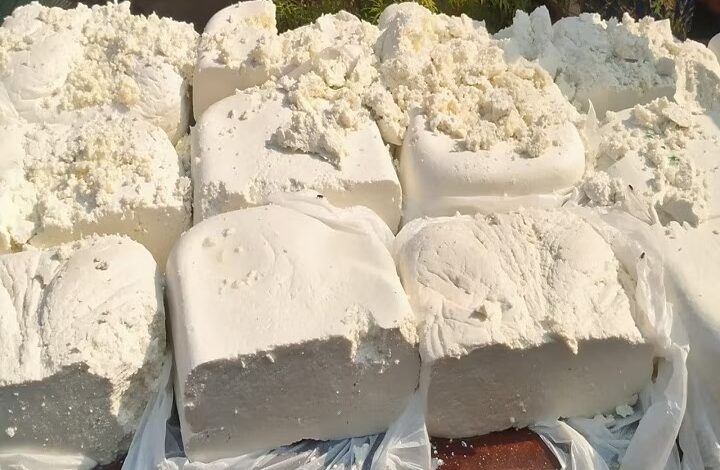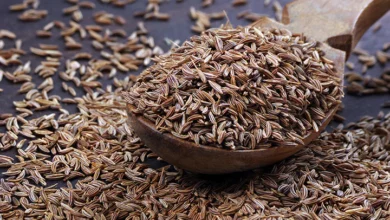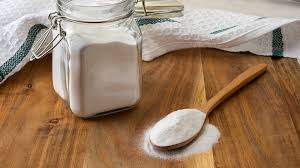Fake Paneer Being Sold by Online Food Delivery Company in India
"Understanding Analogue Paneer, Its Health Risks, and Simple Tests for Authenticity"

Paneer is a popular food in India, enjoyed in a variety of dishes from paneer tikka to shahi paneer. Made from milk, it’s packed with protein, calcium, potassium, and essential vitamins and minerals. Recently, there has been social media buzz regarding fake paneer being sold through an online food delivery company, which has raised some concerns. Though the Food Safety and Standards Authority of India (FSSAI) has approved the sale of this paneer, it’s important to understand whether the paneer you’re consuming is real or a substitute that might impact your health.
A user on social media mentioned that the food delivery company, Zomato, is selling imitation paneer without a clear disclaimer. This imitation paneer, often referred to as “analogue paneer,” is mainly made from vegetable oils and is supplied through Zomato Hypersure to small restaurants, where it’s used in dishes that reach customers. According to FSSAI, analogue dairy products cannot be classified as real dairy since they aren’t primarily made from milk. To create analogue paneer, some or all of the milk fats are replaced with other fats, typically vegetable oil. Vegetable oils are liquid at room temperature, so they are hydrogenated to form a solid product resembling paneer. Health experts warn that regular consumption of such oils may increase risks of diabetes, heart disease, stroke, inflammation, and even chronic conditions like cancer.
To identify whether you’re buying real or analogue paneer from an online platform, carefully check the label for ingredients like vegetable or palm oil. Some brands will label the product as “analogue paneer” for clarity. Additionally, the taste and texture of fake paneer often differ from authentic paneer, so be mindful when eating.
If ordering from a restaurant, read the dish’s ingredient list carefully. To be safe, buy paneer only from trusted sources, as shop-bought paneer can sometimes contain other adulterants. If you want to test the quality of paneer at home, try these simple checks:
- Oil test: Soak a piece of paneer in water for a few hours. If oil is present, you’ll see tiny oil droplets around the paneer.
- Fridge test: Refrigerate the paneer for a few hours. Real paneer tends to firm up in the cold, while fake paneer remains soft and may develop an oily film on top.
- Starch test: Crush a small amount of paneer, add it to about 5 ml of water, and boil. After it cools, add a few drops of iodine solution. If the paneer turns blue, it likely contains added starch.
When consuming paneer from outside sources, stick to known restaurants or buy from reputable stores to avoid potential health risks associated with adulterated products.
Disclaimer: This article is for general information only. It cannot in any way be a substitute for any medicine or treatment. Always consult your doctor for more information.





